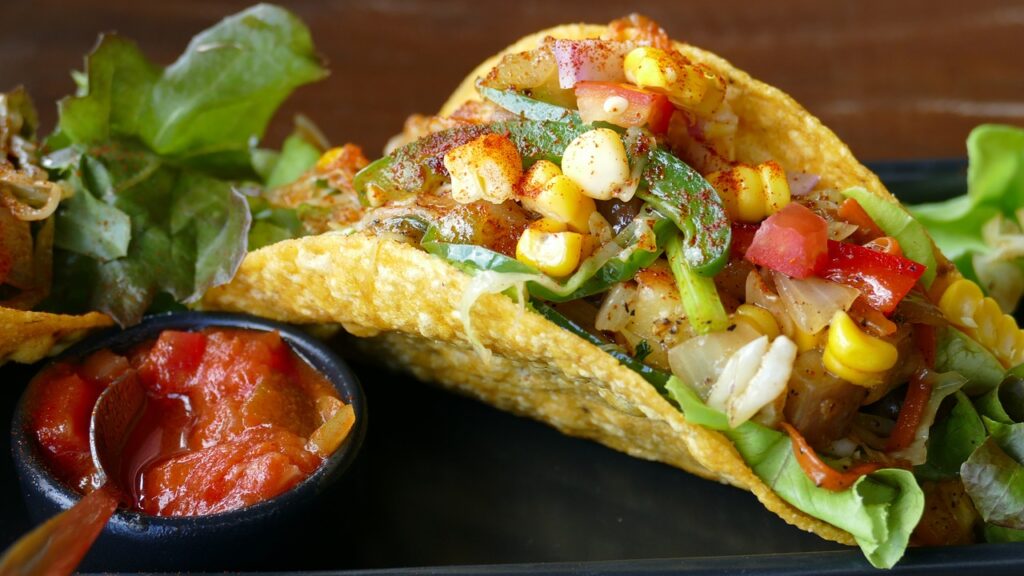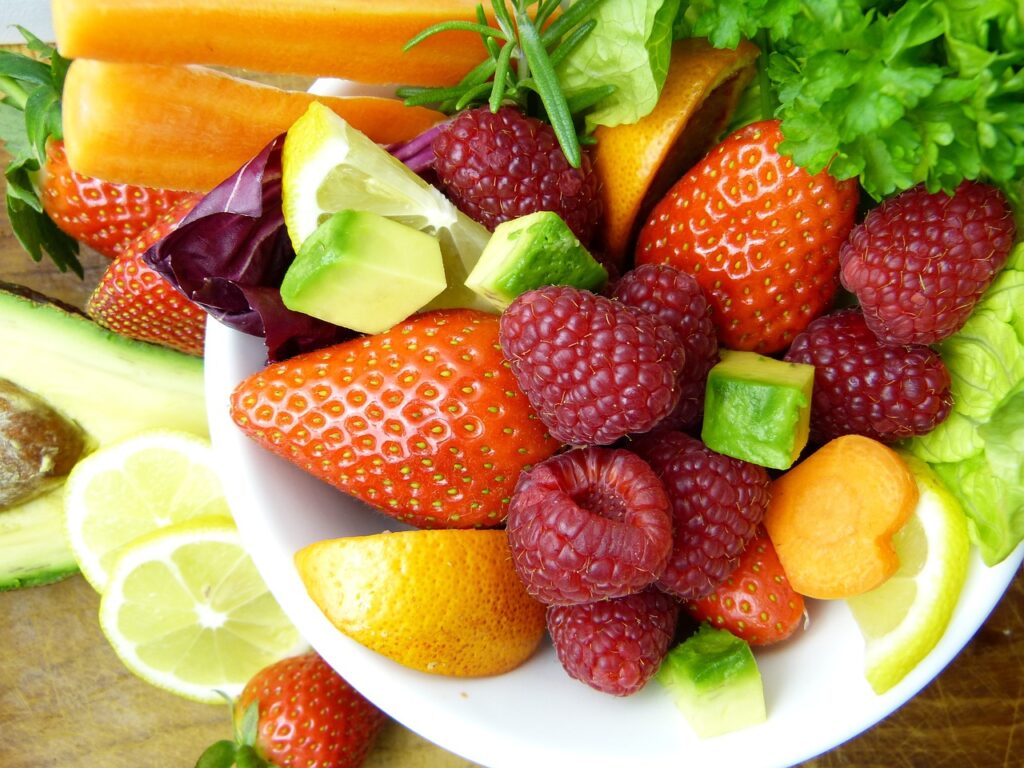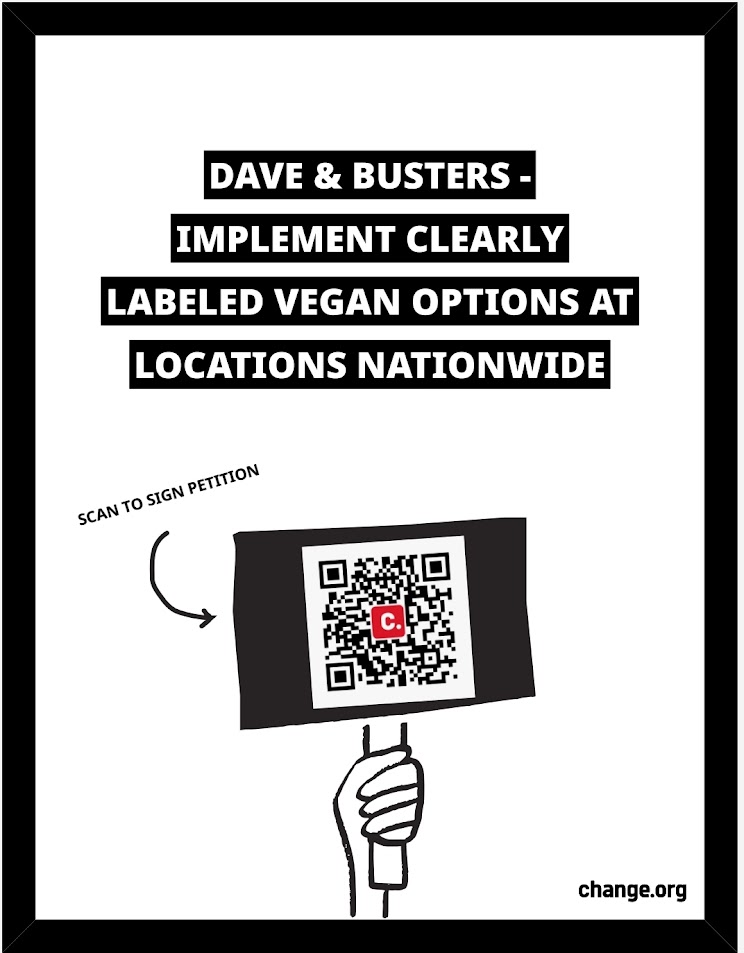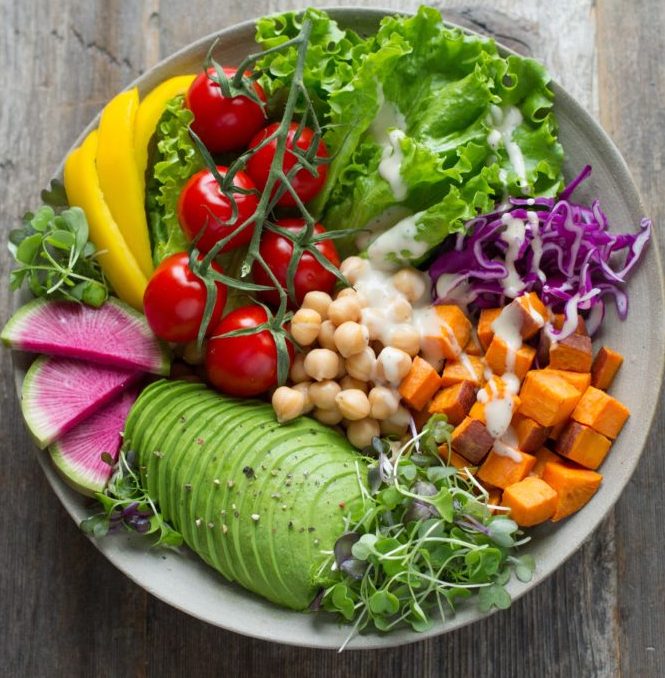Not all Protein is Created Equal
How the Amino Acid Profile of a Protein Affects our Long-Term Health
In recent years, there has been a focus on comparing the quality of proteins based on whether they are complete or incomplete. This is an argument that vegans often face when discussing plant-based protein and vegan nutrition. However, the quality of a protein should not rely simply on how many or which amino acids it contains. Instead, quality depends on the overall health effects of such amino acids. According to recent studies, there’s one amino acid that could pose a threat to our longevity (1). While protein is necessary for health and fitness, it’s important to know how much is needed and what sources are best for long-term health. The more information we are faced with, the harder it is to know what kind of protein to shop for. Today, I am going to help you scratch some items off the list.
What is Methionine and What does it Do?
It is widely known that the human body needs 20 amino acids (the building blocks of protein), nine of which are considered essential and need to be obtained through diet. A “complete” protein would be one that contains all nine essential amino acids; this includes phenylalanine, valine, tryptophan, threonine, isoleucine, methionine, histidine, leucine, and lysine. The protein profile of food is generalized to total protein content and much less often to amino acid content. What we rarely hear about is how much of each amino acid we need and how to obtain each one.
Methionine, an essential amino acid, has been studied over the years for its effect on chronic disease development and longevity. Specifically, a low methionine diet has been associated with a longer lifespan (1). The reason for this is that methionine may induce oxidative stress, which can negatively impact aging and metabolic processes, leading to problems like obesity and diabetes (1). Interestingly, the types of foods that typically contain high levels of methionine have been associated with chronic disease in multiple other studies. As a plant-based nutritionist, I am particularly interested when finding a connection between plant-based nutrition and longevity.
Plant-Based Protein vs Animal-Based Protein
According to this nutrient search tool, foods highest in methionine are primarily animal-based foods, including chicken, turkey, lamb, steak, pork, tuna, and other fish. The highest plant-based source of methionine is firm tofu, ranking 154th on the list (2). Perhaps, the issue is not methionine itself but the “antinutrients” contained in animal products that associate methionine to chronic disease and premature death. Meat, poultry, and fish products contain cholesterol and saturated fats, whereas plant-based foods are cholesterol-free and tend to be low in saturated fats.
It is true that, in most cases, animal-based foods contain more protein than plant-based foods, and it is much easier to obtain protein by eating meat, poultry, and fish. The real question is, does higher protein necessarily mean higher quality? All in all, it seems that animal-based products are a higher risk for disease development. The more time I spend analyzing research findings, the more I find that a balanced plant-based diet is the best diet for longevity.
- Kitada, M., Ogura, Y., Monno, I., Xu, J., & Koya, D. (2021). Effect of methionine restriction on aging: Its relationship to oxidative stress. Biomedicines, 9(2), 130. https://doi.org/10.3390/biomedicines9020130
- (n.d.). Highest methionine foods. MyFoodData. Retrieved July 31, 2024, from https://tools.myfooddata.com/nutrient-ranking-tool/methionine/all/highest/household/common/no





